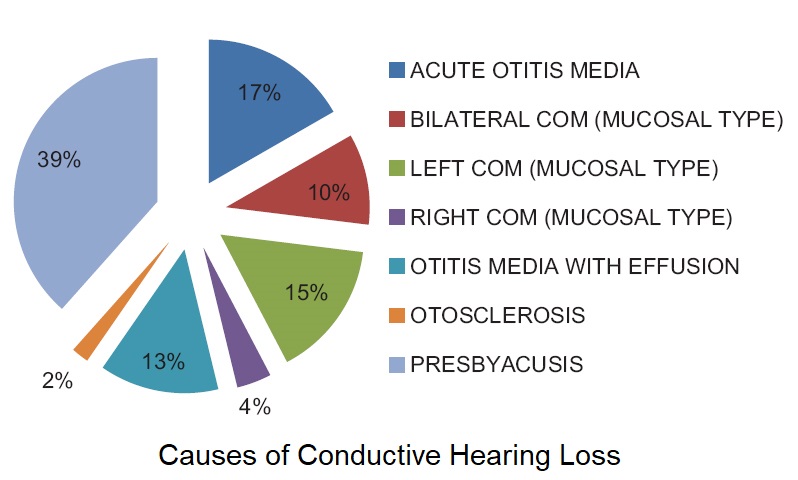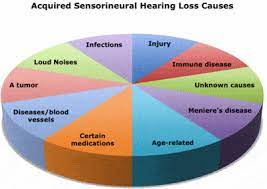What is ‘HEARING IMPAIRMENT’?
Hearing impairment is the inability of an individual to hear sounds adequately. This may be due to damage or disease to any part of the hearing system or improper development in fetal state.
Sense of hearing is an important link in the chain of effective communication and plays a significant role in our social and emotional well being. Millions of people worldwide are faced with hearing problems, only a minority wear hearing aids or even visit an audiologist. Hearing loss affects all age groups, without discrimination. Physiological changes that take place in hearing loss and is one of the most common causes for it.
Hearing loss does not only mean the inability to hear loud enough, it may also means a ‘discrimination loss’ i.e. difficulty in understanding and differentiating various speech sounds. Untreated hearing loss or delay in treating hearing loss can have far reaching effects like poor or no language development and learning disability in children.
Hearing problems often make it difficult to “keep up”, which can lead to a sense of isolation, fatigue and loneliness. Poor language acquisition due to hearing loss can often be misinterpreted as a lack of intelligence or mental deficiency usually affecting life at school and work, as well as social interaction. Hearing loss invariably affects quality of life.


What are different Types of Hearing Loss and its respective Causes?
There are 3 types of hearing loss
1) Conductive hearing loss
2) Sensory neural hearing loss and
3) Mixed hearing loss.
CAUSES OF HEARING LOSS:
Causes Of Conductive Loss:
Conductive hearing loss is so called as it prevents the efficient conduction of sound to the inner ear. Conductive loss is the generic term for a decrease in hearing levels as a result of any pathology of the outer ear or middle ear systems. The specific site of the disorder can be in the ear canal, middle ear cavity, tympanic membrane, ossicles (3 small bones of the middle ear) or Eustachian tube, or can co-exists in several of these areas.
Conductive hearing loss generally produces a mild to moderate level of hearing loss. It can affect hearing in all frequencies relatively equally or be present just for the lower frequency sounds. Generally, persons with conductive loss benefit from medicine or surgery. If surgery is not possible, Hearing Aids are prescribed for benefit of reduced hearing.
<2>
Causes Of Sensory Neural Hearing Loss:
The main cause of Sensory Neural loss is aging process. Usually referred to as Age induced hearing loss or ‘Presbycusis’. The impairment originates due to damage to the sensory cells of the ‘cochlea’ of the inner ear.
<2>
